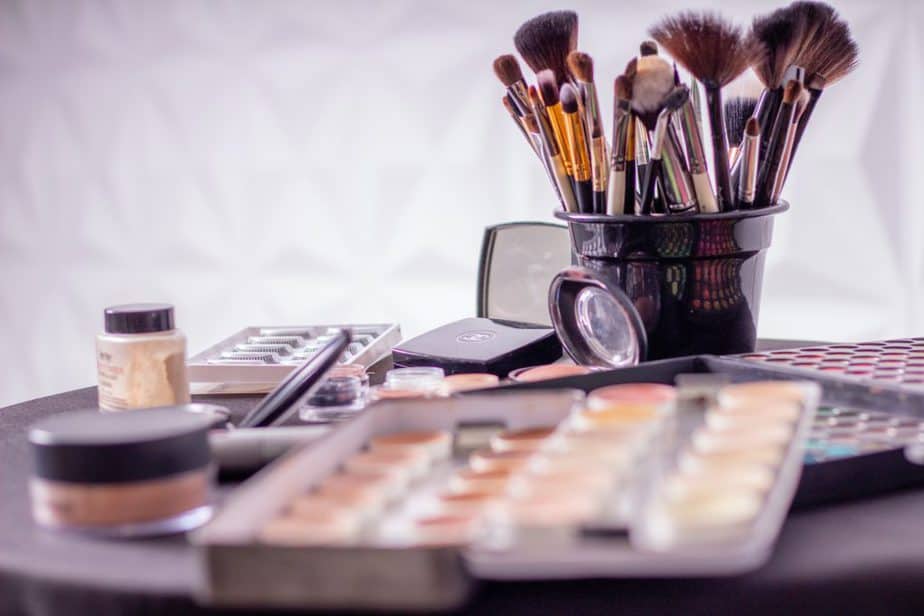Who is PETA?
PETA is a non-governmental organisation whose main objective is to end the abusive treatment of animals from businesses and people in general, PETA’s aim is to ensure that the well-being and safety of animals are catered for. Despite all the efforts put in place by PETA some countries still continue with said practises thus proving a challenge when it comes to safeguarding the well-being of animals around the globe.
Why do companies test on animals?
Most companies carry out tests on animals in order to attain useful information pertaining the side effects that their products may cause on consumers this information can later be used in the case of a law suit filed by a consumer against them who has been negatively affected by the said products. Research done still indicates that regardless of the outcome of the tests carried out on animals, products from these organisations are still being supplied into the market despite showing harmful side effects.
Why Hawaiian tropic needs to be approved by PETA
Approval by PETA confirms that this company doesn’t indeed test its finished products or ingredients on animals this is mainly indicated by a certificate issued by PETA to confirm that an assessment was done on the company and a statement of assurance was provided verifying that they do not allow any animal tests for their finished products or ingredients and that they vow not to carry out said tests in future. This approval by PETA is crucial in ensuring such companies honour their role in safeguarding the wellness and safety of animals.
Conclusion
Animal testing is detrimental to the well-being animals being tested on. Companies along with their suppliers and third party entities should research on safe, better and convenient ways to test their products without the use of animals, the testing on animals is barbaric and inhumane as they are equally living, breathing creatures, PETA plays an integral role in ensuring this outdated practices are completely scrapped off ,advantage being that it is now being backed up by a number of countries who are implementing a ‘‘no animal testing ban’’ that sees companies who’s finished products are being tested on animals not allowed to sell in certain markets depending on their regulations. Companies now require certification from PETA in order to be declared cruelty free.
How to identify a cruelty free Product?
Consumers may now easily identify products that are deemed cruelty free found in retail or wholesale stores worldwide indicated by a sticker issued by PETA confirming their safe business practices when it comes to matters animal safety.
PETA requirements for a company to be considered cruelty free?
For an organization to be declared cruelty free it first needs to issue a statement of assurance confirming that their production process doesn’t involve testing of their finished products or ingredients on animals nor do their third parties and suppliers, Companies may need to verify this information with PETA in order for them to be issued with a certificate of compliance, and a cruelty free sticker.
When was Hawaiian tropic declared cruelty free?
Hawaiian Tropic was issued with their PETA certification in June 2021 confirming that they don’t test their finished products or ingredients on animals and neither are they selling their products in markets that require animal testing nor are they planning to test on animals in future.
What are the ingredients used to make Hawaiian tropic products?
The ingredients contained in the Hawaiian tropic products include;
Active ingredient: Homosalate 5.5%, Octisalate 4.5% Avobenzone 2.0%, Octocrylene 4.0%;
Inactive ingredients: CETEARYL ALCOHOL, DIISOPROPYL ADIPATE, NEOPENTYL GLYCOL DIHEPTANOATE, MICA, PHENOXYETHANOL, WATER, C12-15 ALKYL BENZOATE, VP/EICOSENE COPOLYMER, DIMETHICONE, GLYCERIN AND FRAGRANCE
Is Hawaiian tropic safe?
Hawaiian tropic is considered safe as it does not contain chemicals such as oxybenzone and octinoxate which are known to contribute to coral reef bleaching at the ocean, Hawaiian tropic products are fully recommended by dermatologists worldwide as they have passed lab evaluation earning them a badge of acceptance for achieving its intended purpose thus making it safe for consumers to use on their skin.
